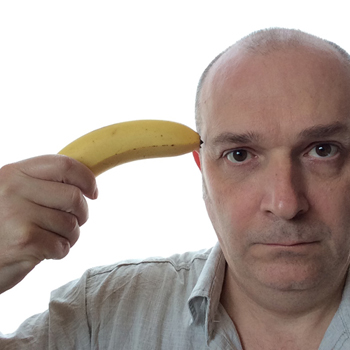


When ‘fascist’ stops being a joke and why the word matters again

A song for Donald Trump

Keir Starmer — Identity-Man!

Nature Park

Spoti-bollocks

Japan First, at last!

The is the story of the end of all things

Eat yourself happier (no added sugar)

